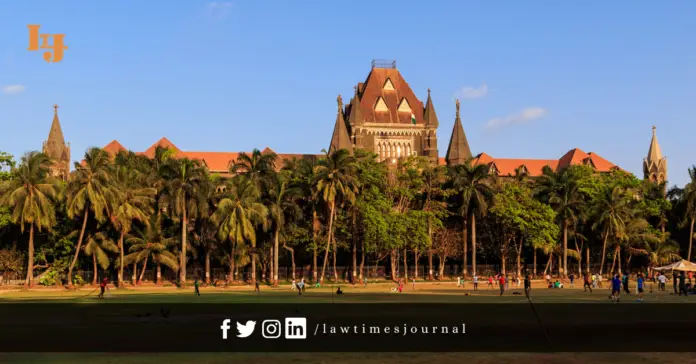
Bombay High Court on Monday gave a judgement for a number of PILs filed on ‘media trials’ in the case of Sushant Singh Rajput in which they observed that the media should avoid reporting on ongoing investigations. The media should present facts that are public and not the news which they think the public wants to see.
The judgement laid down an indicative list of reports which tend to cause prejudice in investigations. It is not an exhaustive list.
The instances mentioned are:
- In case of suicide, showing the deceased to be of a weak character or intruding on their privacy.
- The ones that cause prejudice in an ongoing investigation by:
- Commenting on the character of the accused/victim.
- Interview of the victim/ witness or their family.
- Analysing the statements of witnesses which could prove to be important in the trial.
- Publishing the alleged confession of the accused to the Police, making it to be an evidence which the court should act upon even though there is no reason for the court to act on it.
- Printing the photograph of the accused leading to their identification.
- Criticizing the investigation agency without knowing the complete information.
- Recreating the crime scene showing how the accused did the crime.
- Predicting future steps for the completion of investigation.
- Leaking confidential information that the investigative agency collected.
- Acting in a manner that may violate provisions of the Programme Code as prescribed under section 5 of the Cable TV Network Act read with rule 6 of the CTVN Rules.
- Character assassination of any individual thereby maligning their reputation
The court observed that “The erring media house could make itself liable to face an action in contempt, i.e., criminal contempt within the meaning of section 2(c) of the Contempt of Courts Act which, as and when initiated, would obviously have to be decided by the competent court on its own merits and in accordance with the law.”








